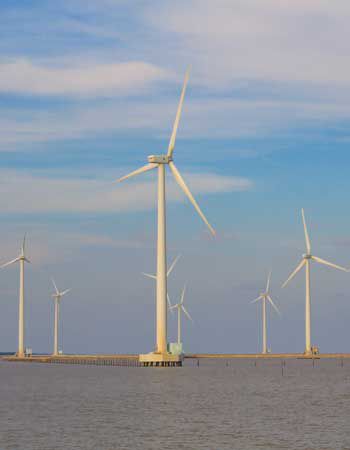Annual clean energy investments in emerging and developing economies will need to more than triple from $770 billion in 2022 to as much as $2.8 trillion by the early 2030s to meet rising energy needs and align with the climate goals set out in the Paris Agreement.
According to the report prepared by the International Energy Agency (IEA) and the International Finance Corporation (IFC), public investments alone would be insufficient to deliver universal access to energy and tackle climate change and can be used most effectively for blended finance. In turn, two-thirds of the finance for clean energy projects in emerging and developing economies (outside China) will need to come from the private sector, rising from today’s $135 billion to as much as $1.1 trillion a year within the next decade.
Lifting barriers will help emerging and developing economies benefit more fully from the opportunities of the new global energy economy and expand opportunities for private investors. The report emphasizes the need to strengthen regulatory frameworks and improve access to finance to help governments overcome obstacles that deter clean energy investments today, including relatively high upfront costs and a high cost of capital. It also estimates that $80-$100 billion of concessional financing will be needed annually by the early 2030s to attract private investment at scale for projects that involve newer technologies that have yet to scale and are not yet cost-competitive in many markets.
There is also potential for issuing more green, social, sustainable, and sustainability-linked bonds – provided that industry guidelines, harmonized taxonomies and robust third-party certification are developed.
